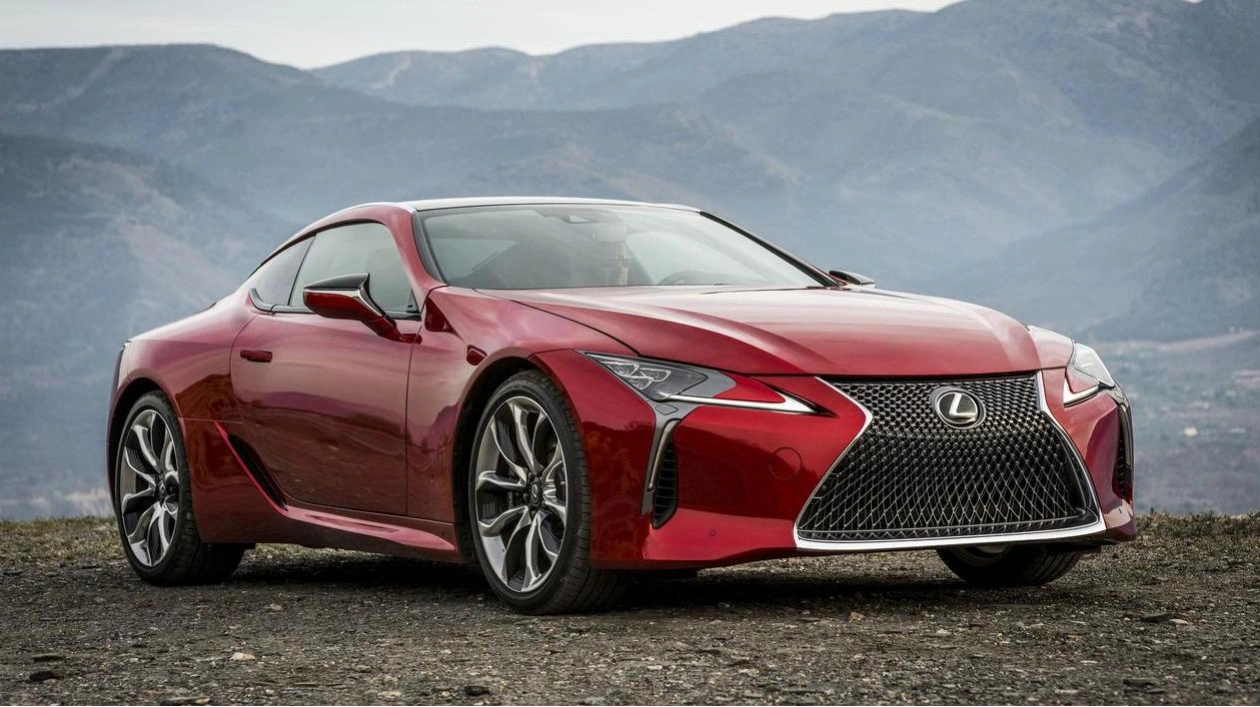Lexus, renowned for blending durability with luxury, has often fallen short in igniting passion, except for a handful of models such as the LFA, ISF, and LC500. The brand is now determined to alter this perception. According to a recent Automotive News report, Lexus, a subsidiary of Toyota, has been scrutinizing its German competitors' vehicles since 2018. Engineers discovered that Lexus vehicles lacked the structural rigidity of their German counterparts.
In response, Lexus has initiated a comprehensive strategy to enhance structural support across all models by adding bracing to the front, rear, and central sections. This initiative aims to elevate performance and establish a distinctive Lexus driving experience. Toshinori Ito, the project manager for Lexus' sensitivity performance development department, emphasized the brand's goal of uniform driving quality across all models. Previously, Lexus focused solely on reinforcing the rear sections of its vehicles, but insights from competitors' practices led to a broader approach.
Lexus has already begun integrating these enhancements into its production lines. The fully electric RZ received additional front bracing in 2022, the NX crossover underwent front-end updates in 2023, and rear improvements in 2024. These modifications have been tested across the entire Lexus range, including the ES sedan and LM minivan, which is not available in the U.S. Ito confirmed the feasibility of these changes across the lineup. While full implementation may take several years due to varying chassis modification requirements, these updates promise a more exhilarating driving experience.






